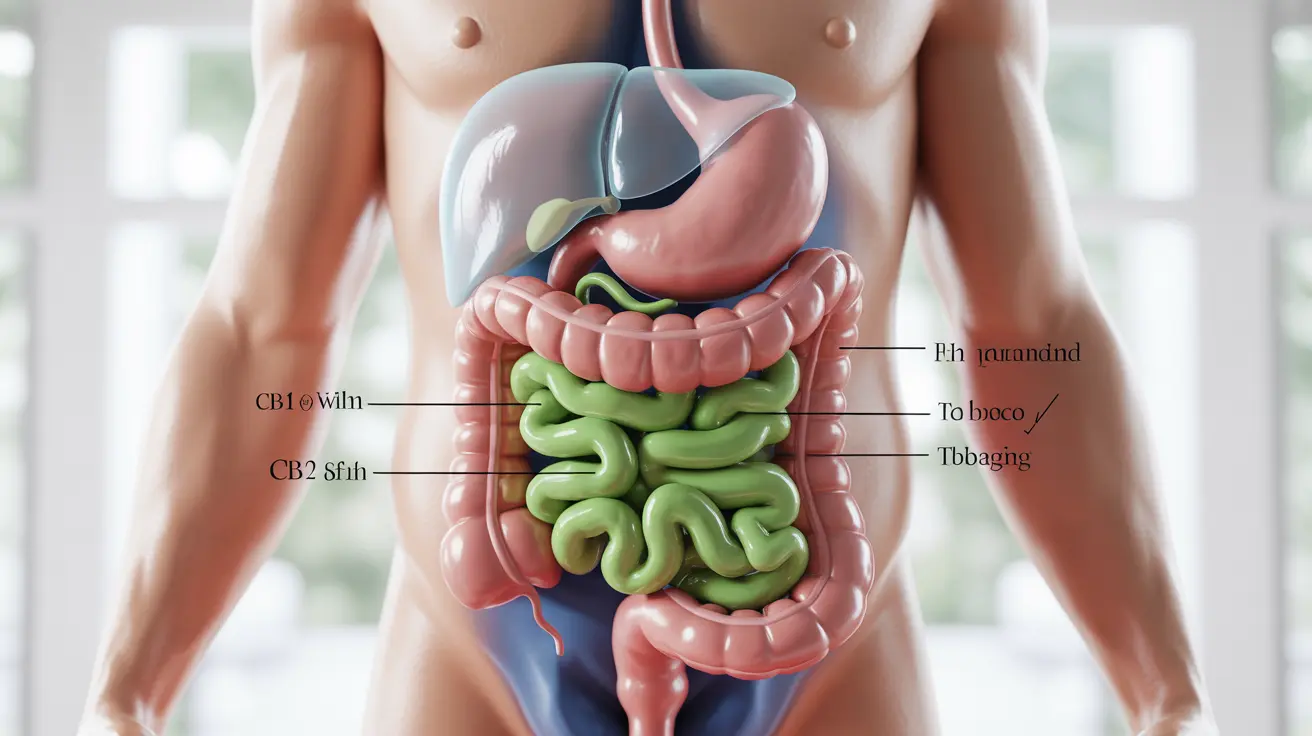Living with Irritable Bowel Syndrome (IBS) can be challenging, leading many individuals to explore various treatment options, including the potential benefits of cannabis. As research continues to evolve, it's important to understand how different substances, including weed and tobacco, may affect IBS symptoms and overall gut health.
This comprehensive guide examines the relationship between smoking substances and IBS, exploring both potential benefits and risks while providing evidence-based insights for those seeking relief from IBS symptoms.
Understanding Cannabis Use for IBS Management
Cannabis has gained attention as a potential treatment option for IBS symptoms, primarily due to its interaction with the endocannabinoid system, which plays a crucial role in gut function and inflammation regulation.
Research suggests that cannabis may help address several IBS symptoms through different mechanisms:
- Pain reduction and cramping relief
- Decreased nausea
- Improved appetite regulation
- Reduced inflammation
- Stress and anxiety management
How Cannabis May Help with IBS Symptoms
The cannabinoids in marijuana interact with receptors throughout the digestive system, potentially helping to regulate gut motility and reduce inflammation. THC and CBD, the primary active compounds in cannabis, may work together to provide symptom relief without the harmful effects associated with traditional tobacco smoking.
The Impact of Tobacco Smoking on IBS
Unlike cannabis, tobacco smoking typically has detrimental effects on IBS symptoms and overall digestive health. Regular tobacco use can:
- Increase inflammation in the digestive tract
- Worsen abdominal pain and bloating
- Alter gut motility
- Increase acid production
- Compromise the gut barrier function
Treatment Alternatives for IBS Management
While some individuals may find relief through cannabis use, there are numerous evidence-based alternatives for managing IBS symptoms:
Lifestyle Modifications
- Dietary changes and following a low-FODMAP diet
- Regular exercise
- Stress management techniques
- Adequate sleep and rest
Medical Interventions
- Prescription medications
- Probiotics
- Fiber supplements
- Antispasmodics
The Process of Quitting Smoking with IBS
For those who smoke tobacco and have IBS, quitting can lead to significant improvements in digestive health. However, it's important to approach smoking cessation strategically to minimize potential temporary symptom flare-ups during the withdrawal period.
Frequently Asked Questions
How does smoking affect people with irritable bowel syndrome (IBS)?
Smoking tobacco can significantly worsen IBS symptoms by increasing inflammation, disrupting normal gut motility, and intensifying abdominal pain and bloating. It can also interfere with the effectiveness of IBS treatments and compromise overall digestive health.
Can using cannabis help alleviate symptoms of IBS?
Some studies suggest that cannabis may help reduce IBS symptoms through its interaction with the endocannabinoid system. It may help decrease pain, reduce inflammation, and regulate gut motility. However, more research is needed to fully understand its effectiveness and appropriate usage.
What are the risks associated with smoking and gut health?
Smoking can damage the protective lining of the gut, increase inflammation, alter bacterial balance, and worsen digestive symptoms. It may also increase the risk of developing more serious gastrointestinal conditions over time.
How does quitting smoking impact IBS symptoms?
Quitting smoking typically leads to improved IBS symptoms over time, though some people may experience temporary symptom fluctuations during the initial withdrawal period. Long-term benefits include reduced inflammation, better gut motility, and improved response to other IBS treatments.
Are there alternative treatments for IBS that do not involve marijuana or tobacco?
Yes, numerous evidence-based treatments exist for IBS, including dietary modifications, stress management techniques, prescribed medications, probiotics, and lifestyle changes. Working with a healthcare provider can help develop an effective treatment plan tailored to individual needs.




